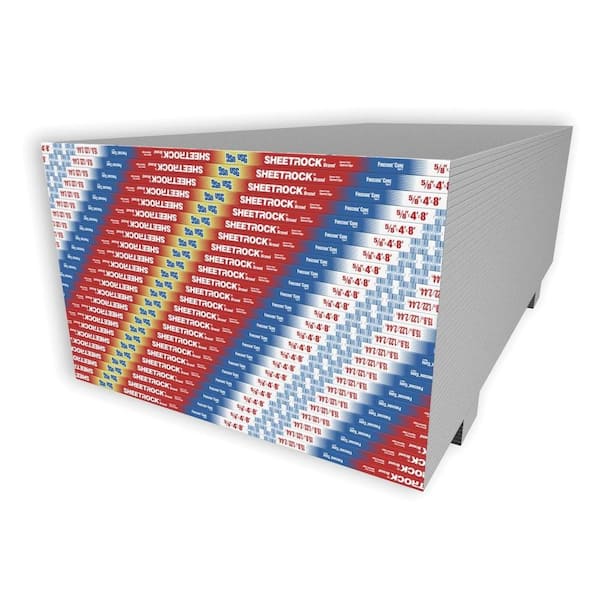Drywall is an essential component of modern construction, providing a smooth and durable surface for interior walls and ceilings. However, not all drywall is created equal. To ensure the longevity and performance of your walls, it is crucial to know how to identify good quality drywall. In this article, we will explore the key factors to consider and provide expert insights on evaluating drywall's quality.
- Thickness and Weight:
One of the primary indicators of drywall quality is its thickness and weight. Thicker drywall tends to be more durable and resistant to damage. Standard drywall thickness ranges from 1/2 inch to 5/8 inch, with the latter being more robust. Additionally, high-quality drywall is typically heavier due to denser gypsum core and additional additives, ensuring better soundproofing and fire resistance. - Gypsum Core:
The core of drywall consists of gypsum, a mineral known for its fire-resistant properties. However, not all gypsum cores are created equal. Look for drywall with a high percentage of gypsum content, as it indicates better fire resistance and structural integrity. Additionally, some manufacturers incorporate additives like fiberglass or cellulose to enhance the core's strength and reduce cracking. - Paper Facing:
The paper facing on drywall serves multiple purposes, including providing a smooth surface for finishing and protecting the gypsum core from moisture. When assessing the quality of drywall, examine the paper facing for uniform thickness and smoothness. High-quality drywall will have evenly applied paper facing without any wrinkles, bubbles, or tears. Additionally, moisture-resistant drywall features a green-colored facing, making it suitable for areas prone to dampness, such as bathrooms or basements. - Tapered Edges:
Tapered edges on drywall facilitate seamless jointing and create a smooth finish. When selecting drywall, opt for boards with factory-tapered edges, as they ensure easier installation and reduce the amount of joint compound required. This feature is particularly important for achieving professional-looking results in drywall finishing. - Manufacturer's Reputation:
Considering the reputation of the drywall manufacturer is crucial in determining the quality of the product. Established manufacturers with a history of producing high-quality drywall are more likely to adhere to strict quality control measures. Researching and selecting reputable brands can significantly increase the chances of obtaining good quality drywall for your project.
Conclusion:
Identifying good quality drywall is essential for ensuring the longevity and performance of your walls. By considering factors such as thickness, weight, gypsum core, paper facing, tapered edges, and the manufacturer's reputation, you can make an informed decision when selecting drywall for your construction or renovation projects. Remember, investing in high-quality drywall will not only enhance the aesthetics of your space but also provide long-term durability and peace of mind.


